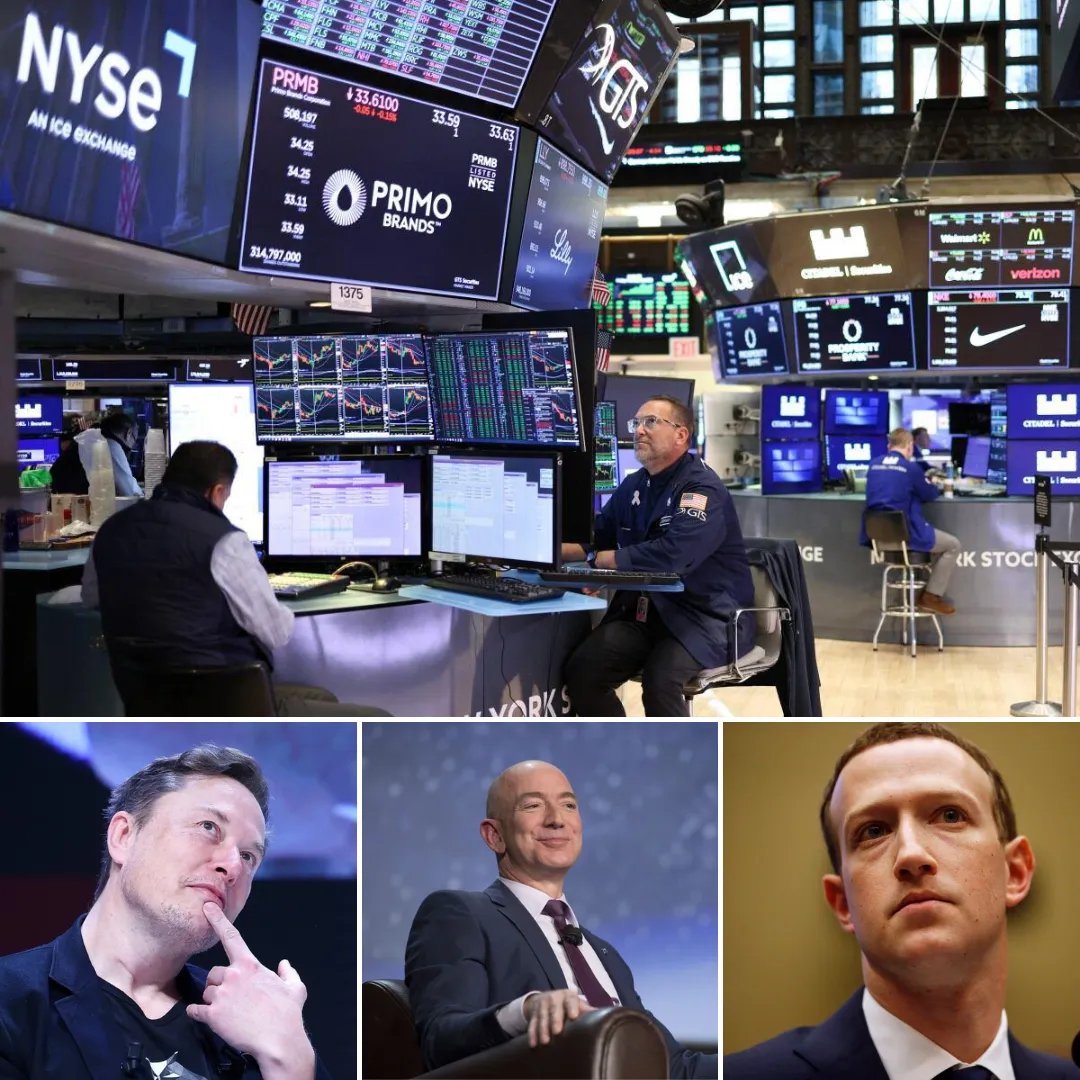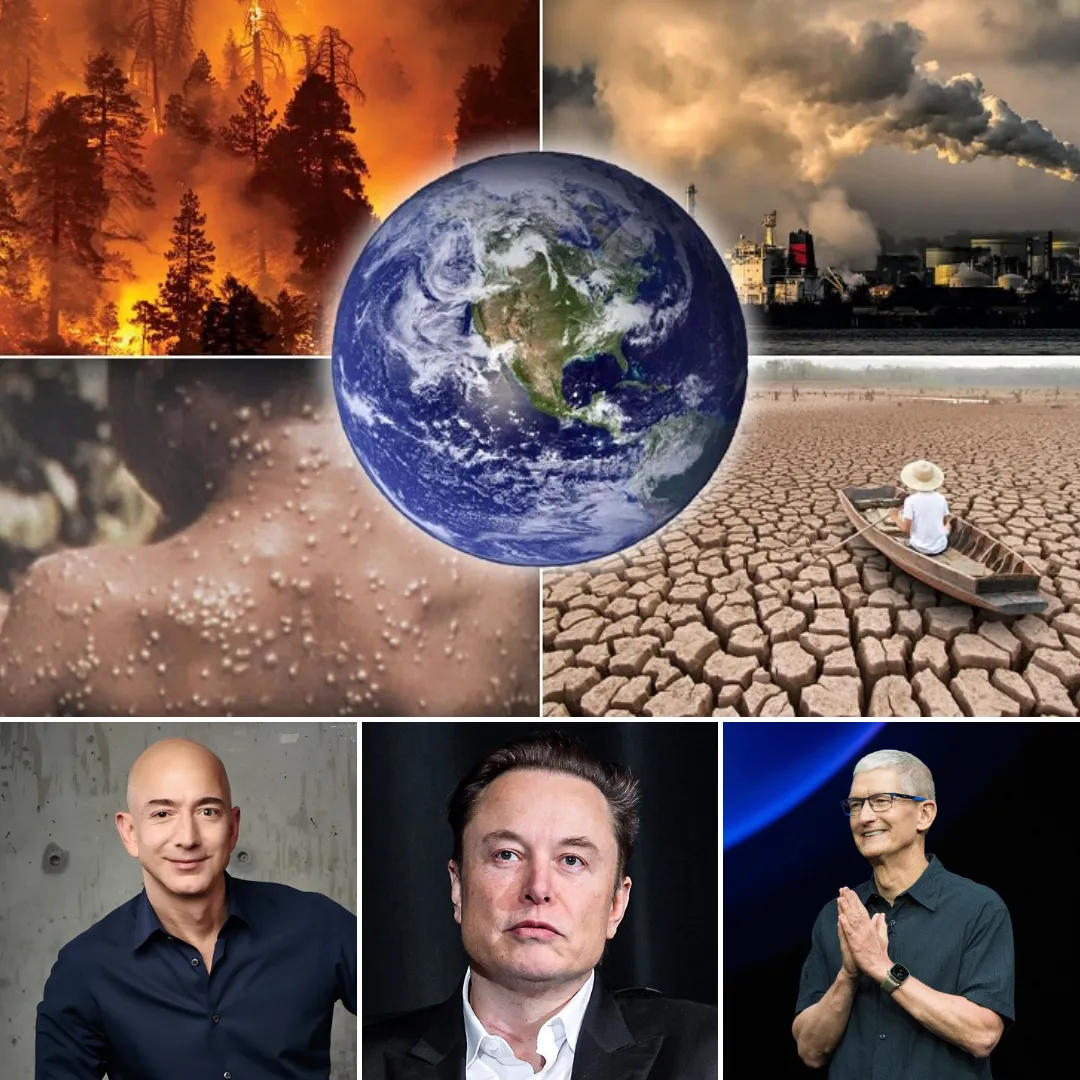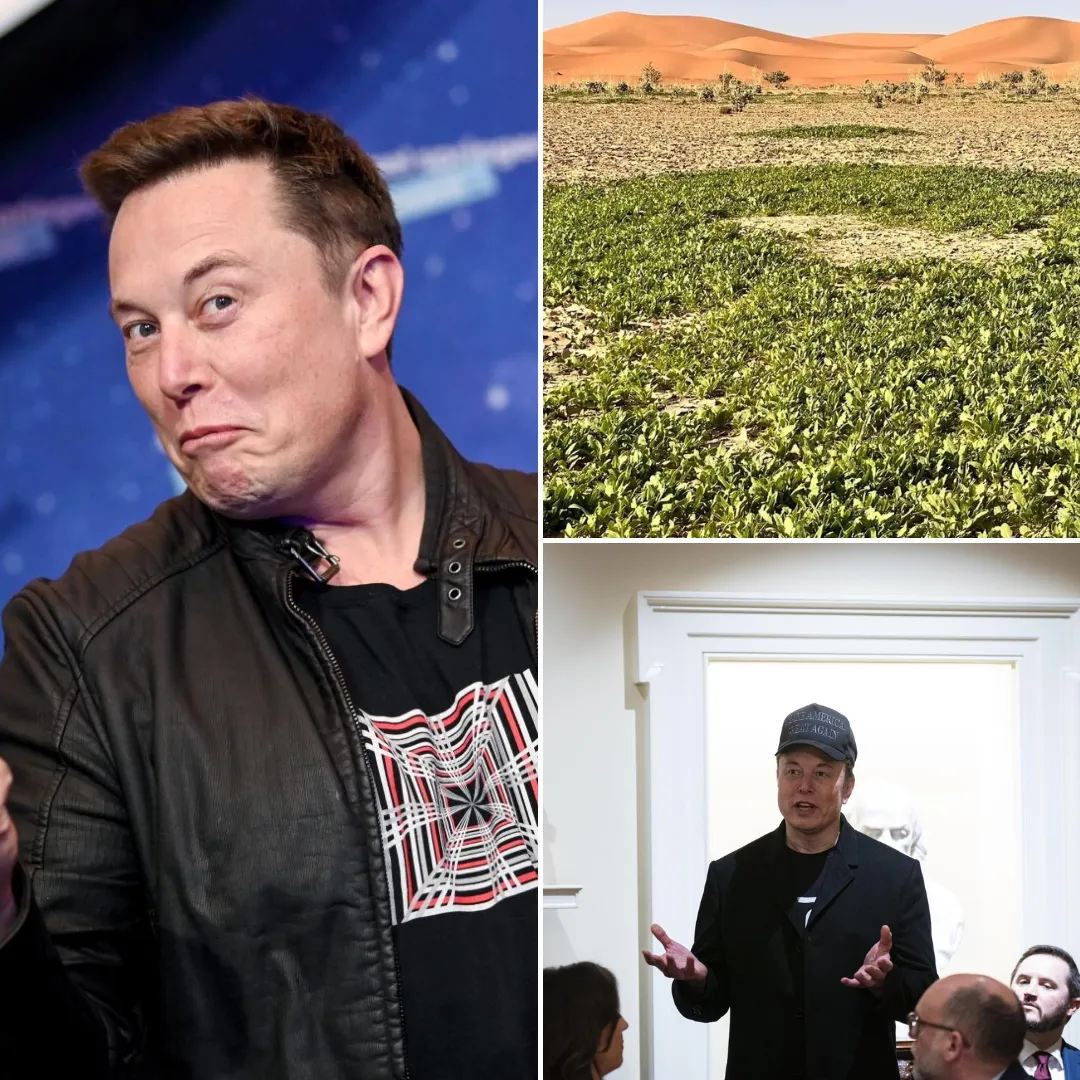
Elon Musk’s recent declaration that he intends to remain Tesla’s CEO “until I die” has captured widespread attention and underscored the intense determination of one of the world’s most controversial tech billionaires.
This statement was made during a lengthy interview at the Qatar Economic Forum in Doha, a setting that provided Musk with a platform to candidly discuss Tesla’s recent struggles, his political involvement, and his vision for the company’s future.
Despite Tesla’s global sales decline and mounting investor concerns, Musk’s commitment to maintaining control of the company signals his unwavering confidence in the electric vehicle giant and his personal role at its helm.
The interview lasted around 40 minutes and began with pointed questions from Bloomberg journalist Mishal Husain, who pressed Musk on whether his political activities, which reportedly consume one to two days per week, have hindered Tesla’s ability to recover from falling sales.
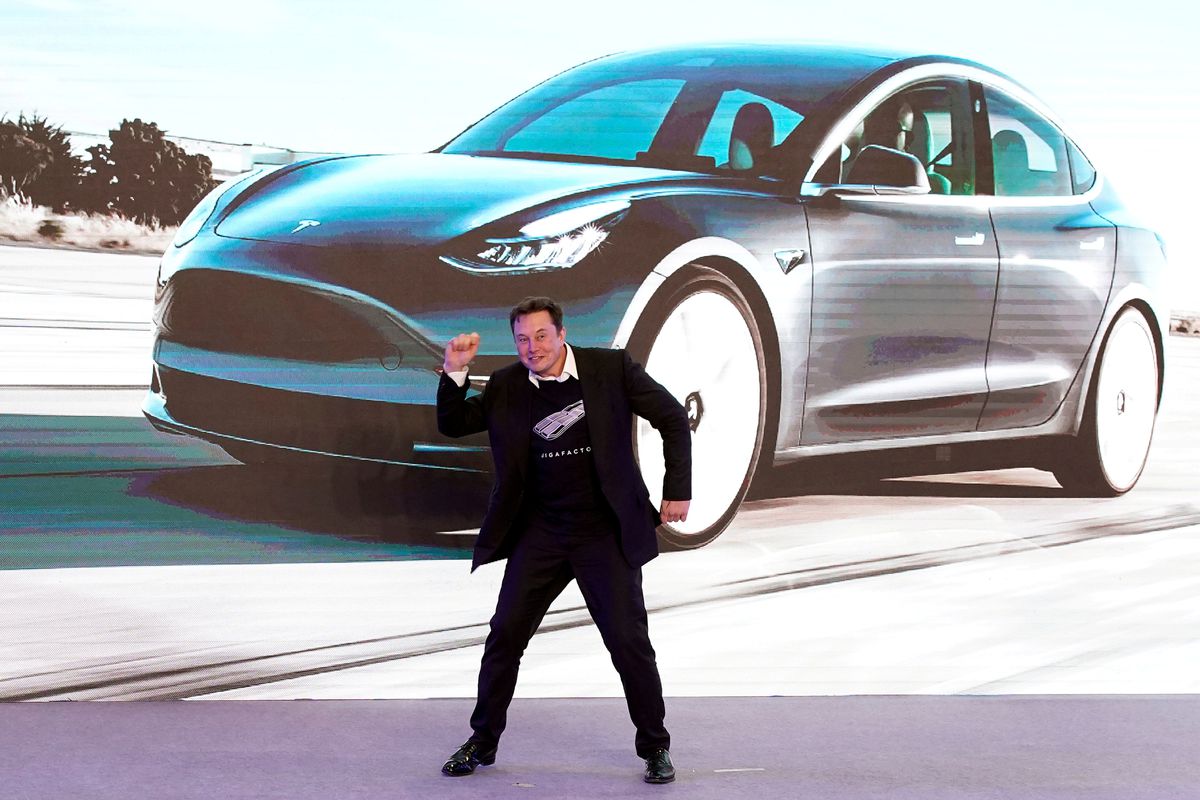
Musk’s response was characteristically brief but revealing. He joked about the uncertainty of his longevity, quipping, “Unless I die. Let me check if I’m still alive,” a line that drew laughter from the audience but also highlighted the seriousness behind his resolve.
He reaffirmed his intention to remain CEO for at least the next five years, demonstrating a willingness to steer Tesla through challenging times personally. Tesla’s sales data presents a mixed picture, complicating Musk’s optimistic stance.
According to InsideEVs, while electric vehicle sales across the United States have been increasing, Tesla’s sales declined by nine percent in the first quarter of the year. This downturn was primarily attributed to weakening demand in the European market, a reality Musk acknowledged in the interview.
The European market, which had been a significant growth area for Tesla, now presents substantial challenges, reflecting broader economic uncertainties and intensifying competition in the region.
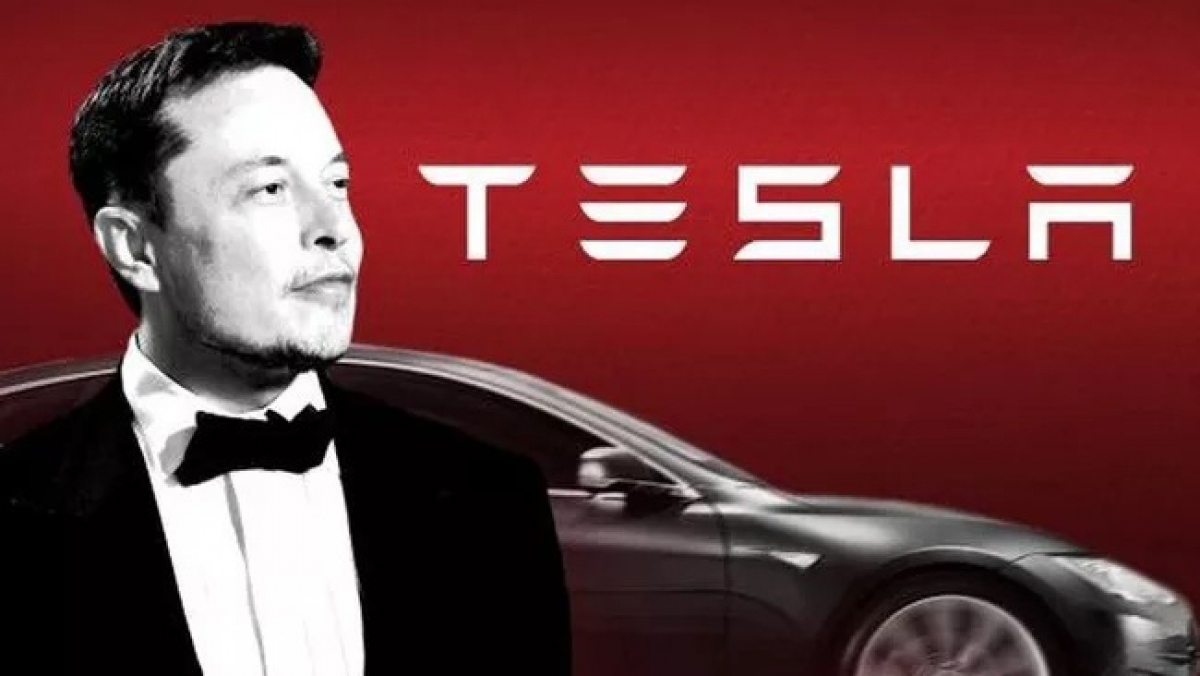
The decline in sales has consequently caused concern among Tesla’s board members and investors, leading to speculation about the company’s future trajectory and Musk’s leadership.
Politics featured prominently throughout the conversation, exposing the complex relationship between Musk’s public persona and Tesla’s commercial performance. Musk admitted that the company’s financial setbacks are partially related to his political activities.
He described how Tesla’s customer base has become polarized along ideological lines, with some buyers driven away due to perceptions of Musk’s political stances while others have been attracted by the same reasons.
Musk noted that although Tesla may have lost some sales among left-leaning consumers who favor greater government intervention in the economy, this has been offset by gains among right-leaning customers who prefer less state involvement.
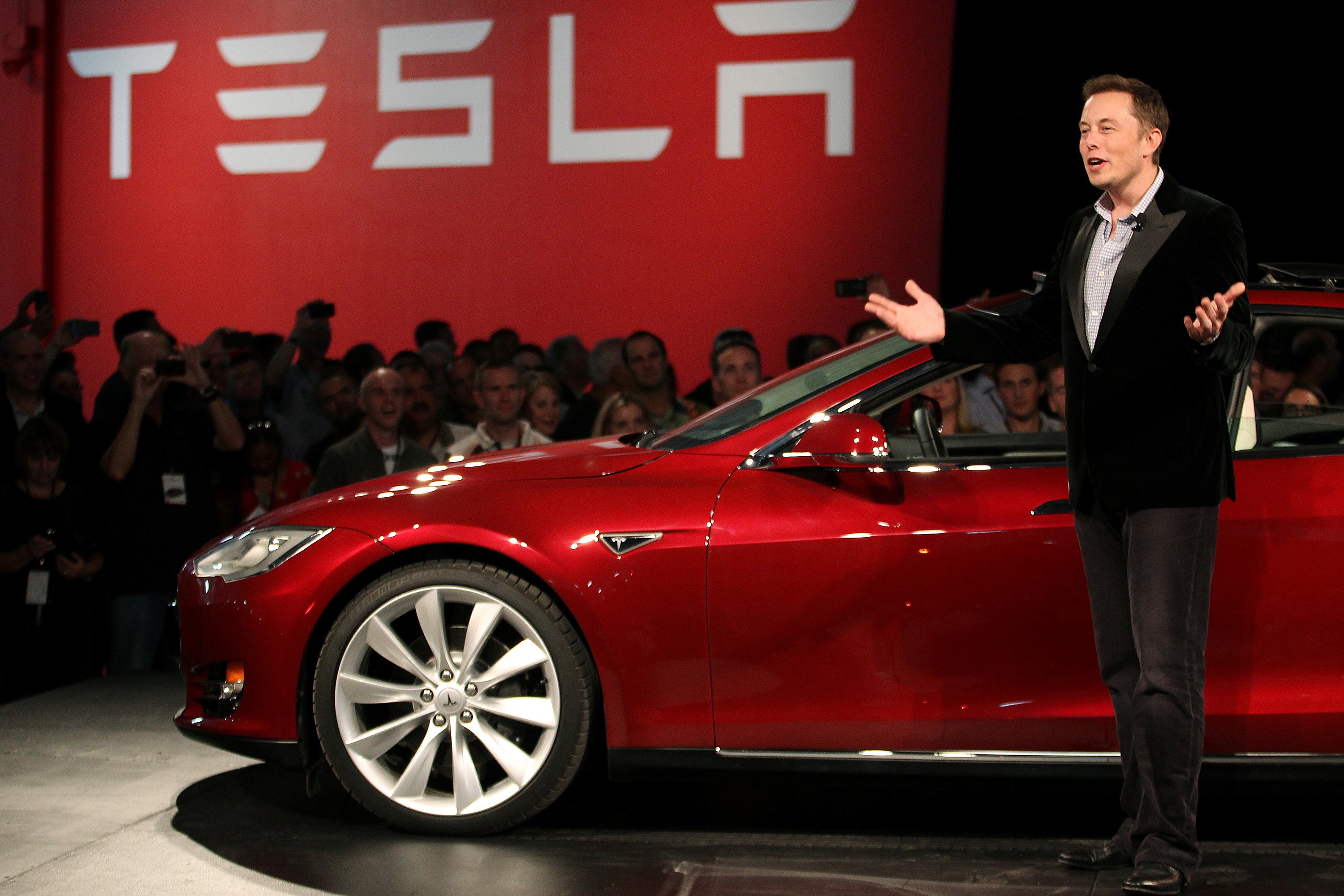
This ideological divide illustrates the increasingly politicized nature of consumer behavior, especially for high-profile companies led by outspoken CEOs. Musk’s willingness to embrace his controversial image has cultivated both fervent supporters and detractors, influencing not only Tesla’s brand but also its sales dynamics.
The intersection of politics and commerce is particularly visible in sectors like electric vehicles, where environmental policies, subsidies, and regulations play pivotal roles.
Despite acknowledging these political headwinds, Musk maintains that current market demand remains robust and that Tesla is not experiencing fundamental issues in consumer interest.
Nevertheless, he conceded that the negative responses stemming from his political engagement have impacted sales. In response, Musk indicated plans to reduce his direct involvement in political matters, aiming to shield Tesla from further controversy while retaining tight control over the company’s strategic direction.
Musk’s commitment to curtailing government interference is a recurring theme in his statements. He reaffirmed intentions to limit Tesla’s reliance on political processes and to avoid expenditures on political lobbying or donations that have previously generated backlash.
This stance reflects a desire to distance Tesla’s brand from divisive political debates and to focus on technological innovation and market competitiveness. The interview also brought to light Musk’s balancing act between his public roles and Tesla’s operational demands.
Serving simultaneously as CEO of multiple high-profile ventures, including SpaceX and Neuralink, Musk faces significant challenges in allocating his time and attention.
Investors have expressed concern that his governmental advisory roles and media presence might detract from his leadership of Tesla during a critical period. Musk’s assurances of his ongoing commitment to Tesla seek to address these concerns, reinforcing his centrality to the company’s future.

The sales decline in Europe and its implications for Tesla’s global strategy are particularly noteworthy. Europe’s complex regulatory environment, intensifying competition from both established automakers and emerging electric vehicle manufacturers, and economic uncertainties have pressured Tesla’s market share.
Musk’s recognition of this weakness points to potential strategic shifts, such as product adaptations, pricing adjustments, or increased focus on other regions where Tesla remains strong.
The interview also highlighted the broader challenges facing Tesla amid a rapidly evolving industry. The electric vehicle market is becoming more crowded and competitive, with legacy automakers accelerating their transition to electric powertrains and new entrants targeting niche segments.
Technological advancements, battery innovations, and infrastructure development continue to reshape market dynamics. Tesla’s ability to maintain leadership depends on its capacity to innovate, scale production, manage supply chains, and navigate regulatory landscapes.

Musk’s statement about remaining Tesla’s CEO “until I die” carries symbolic weight beyond its literal meaning. It underscores his personal identification with the company he founded and his determination to steer it through turmoil.
The phrase encapsulates Musk’s leadership style—combining visionary ambition with a willingness to confront adversity head-on. It also raises questions about corporate governance and succession planning, as prolonged leadership by a single individual can have both stabilizing and destabilizing effects.
Critically, Musk’s promise signals to stakeholders that he is not contemplating stepping aside despite pressures. This assurance may provide confidence to investors and employees concerned about potential leadership transitions.
At the same time, it intensifies scrutiny on Musk’s management decisions and the company’s performance under his stewardship. The political dimension of Tesla’s challenges reveals the intricate relationship between corporate identity and the personal brand of its CEO.
Musk’s political statements and affiliations have generated polarized reactions, reflecting broader societal divisions. These dynamics complicate Tesla’s marketing and customer relations strategies, illustrating how modern corporations must navigate an environment where leadership figures are public personalities subject to intense scrutiny.
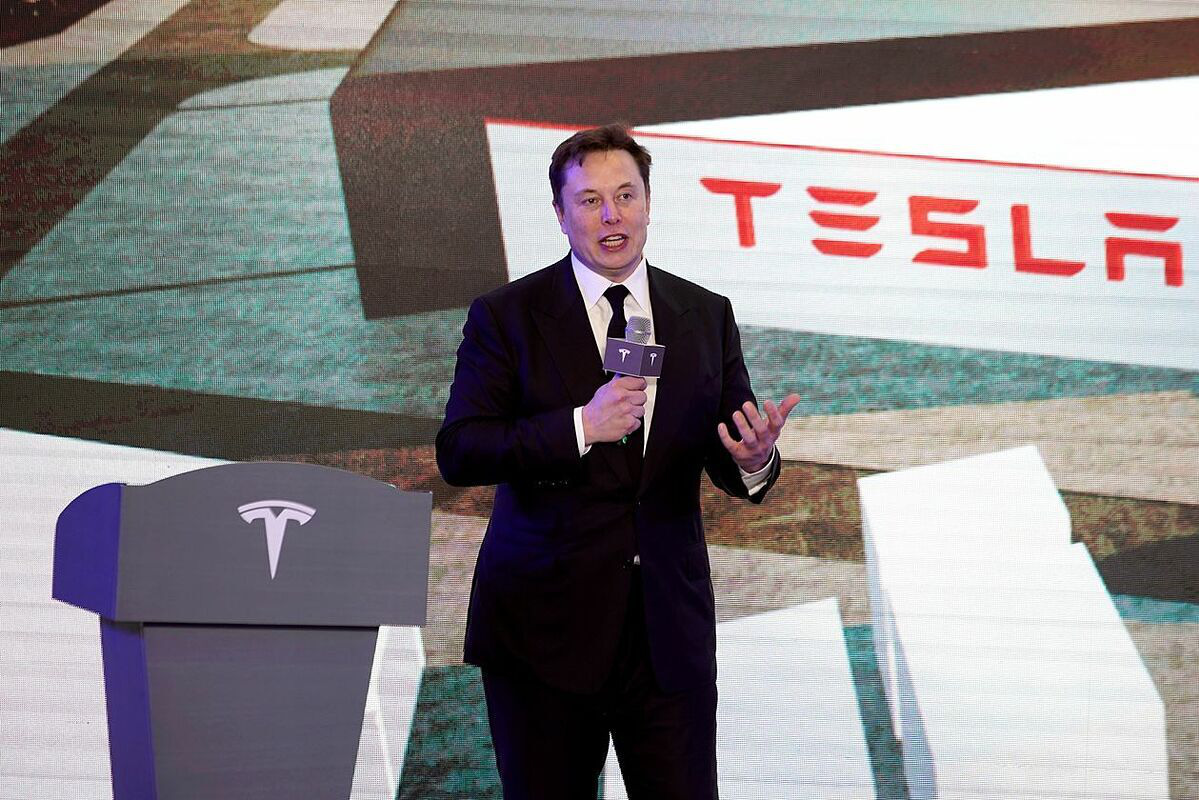
Looking ahead, Tesla’s future will depend on its ability to adapt to shifting market conditions and consumer expectations. Musk’s leadership will be central to driving innovation in battery technology, autonomous driving, and sustainable manufacturing. The company’s resilience in the face of sales fluctuations and political controversy will test the effectiveness of its strategies and Musk’s vision.
In summary, Elon Musk’s emphatic vow to remain Tesla’s CEO “until I die” amidst a period of sales decline and political fallout highlights the challenges and complexities faced by one of the world’s most influential business leaders.
His blend of humor, determination, and candor during the Qatar Economic Forum interview sheds light on the pressures of leading a disruptive company in a polarized and fast-changing world. Musk’s commitment signals continuity for Tesla’s investors and supporters, even as the company navigates uncertainty and fierce competition.
This declaration stands as a powerful testament to Musk’s resolve and the intertwined fate of his personal brand with Tesla’s trajectory. Whether his leadership will continue to propel the company to new heights or face further obstacles remains a pivotal question for the automotive and technology sectors in the coming years.

